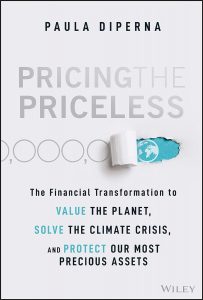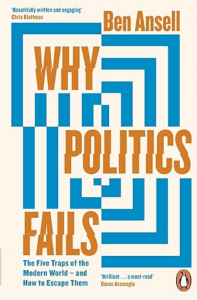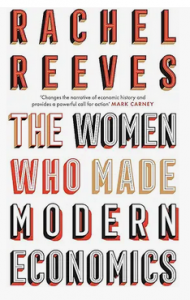Perhaps it was because I read the book in several stages, but I found it hard to take away a single line of argument from Geoffrey Hodgson’s The Wealth of a Nation: Institutional Foundations of English Capitalism. There is plenty of interest in the book but the chapters seem unconnected. One of the comments on the back, from my former colleague Sheilagh Ogilvie, makes a virtue of this, praising it for steering clear of monocausal explanations, which is true. But the book is also making an argument about the mode of economic analysis as well as about causes of the Industrial Revolution.
Anyway, here is what I took from my read:
- Other accounts of the origins of the Industrial Revolution and capitalism in England get something wrong: Marx, McCloskey, Mokyr, Allen, Weber, Uncle Tom Cobbley and all.
- This is because they do not employ the framework of evolutionary economics.
- Economics goes wrong big time in mixing up capital as in physical capital goods and capital as financial capital, starting with Adam Smith.
- Economic development is a process of the creation and changing of both technical and institutional rules.
- The distinctiveness of capitalism lies in the development of financial instruments and markets, especially mortgages lent against collateral: “Developed financial institutions make capitalism historically specific.”
- The Industrial Revolution was due to institutional evolution – mostly gradual but with some big moments of dramatic change such as the deal that brought about the 1688 accession of William and Mary.
- But the impact of external shocks – especially war – in bringing about economic development is under-appreciated.
I liked this observation about institutions: “They function as information registries of what is produced and owned, and of rules governing their use and allocation.” Hodgson cites Shannon and Weaver’s definition of information – something whose receipt can cause an action. This metaphor of units of information underlies the evolutionary approach, as I understood this chapter. Hodgson here and elsewhere has strongly argued the case for a paradigm shift in economics away from its still-extant physical production function framework to the evolutionary framework. (I do see the crumbling of the old paradigm in some respects but we’re far from a new one taking its place.)
The book ends, to my surprise, with a chapter about Japan’s economic development. I think the point here is that: “Major institutional changes in the fundamental areas that matter for economic development typically depend on exogenous shocks.” For Japan these were the Meiji restoration, then loss and occupation in 1945/6.
All in all, an interesting read, but it made me think I’d get more from reading one of Prof Hodgson’s earlier books on evolutionary economics.





